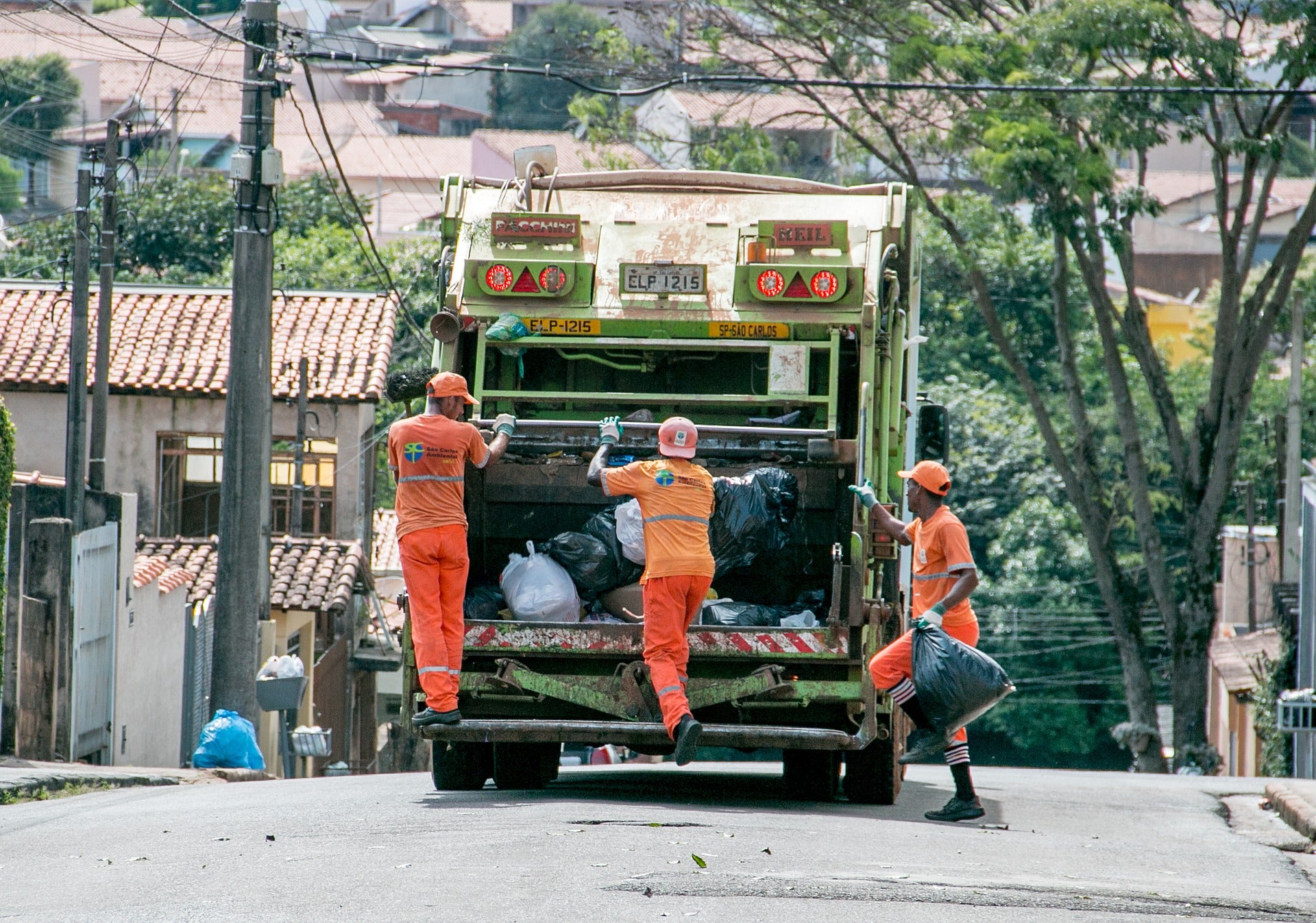 Trash collection workers. Photo credit: netkids |Pixabay
Trash collection workers. Photo credit: netkids |Pixabay
As one of the most evolved species on the planet, human beings have evolution ingrained in their DNA. And by evolution, we don’t mean evolution in the scientific sense of the word, but rather the constant urge to be better, to improve, to upgrade, to evolve. Ideally, we want to know more, get better skills, be better people. Those of us with the means are constantly aspiring to upgrade our lifestyle by getting the newest iPhone or computer, latest car, in-fashion wardrobe, bigger house—and the list goes on.
The team behind the Private Participation in Infrastructure (PPI) Database—the most comprehensive database of private investments in infrastructure in the developing world—also strives to keep up with current trends. This time around, in addition to redesigning the website and easing its ability to share information, we’ve added a new sector: municipal solid waste.
Why municipal solid waste?
Around the world, almost 2 billion people don’t have municipal waste collected. This waste can build up in waterways, cause pollution, and decompose in areas near where people live. A study finds that between 400,000 and 1 million people die each year in developing countries because of diseases related to mismanaged municipal solid waste. For example, living near waste doubles the risk of contracting diarrhea, a major cause of death in the developing world.
Globally, the amount of municipal solid waste generated is expected to increase 70 percent by 2050. The evidence for the serious health, safety, and environmental repercussions caused by improper management of solid waste is overwhelming. Governments alone might not be able to surmount this mound and the private sector’s participation in finding the right infrastructure solution is of utmost importance. And hence, we decided to take stock of how engaged the private sector has been.
What did we find out about the private sector’s involvement in municipal solid waste management?
From 2009 to 2018, private investment in developing-country municipal solid waste management was recorded in 353 projects with a total investment of $35.2 billion. This accounted for around 2 percent of global private investment in infrastructure on average, but in 2018—which saw the highest level of investment in these projects—the share was as high as 10 percent.
Ninety percent of total investment commitments over the decade was accounted for within five countries: China, Brazil, Russia, India, and Romania. China's municipal solid waste industry has grown rapidly since 2017 with the government looking to have individuals pay for waste disposal by 2020. Brazil’s national solid waste policy requiring the development of solid waste management plans for all municipalities and India's Swach Bharat campaign have increased investment into the sector in both countries. Russia expects to process 80 percent of its waste by 2030 and is overhauling its approach to solid waste management in response to local pressure. Moving to comply with EU standards, Romania has substantially increased investment in municipal solid waste projects as well.
Ninety-nine percent of investment commitments in municipal solid waste projects were supported by governments through fixed availability payments or purchase agreements. For more details, please refer to this analysis of our work.
Please contribute!
The PPI Database team invites you to share ideas on how we can continue to upgrade and the evolve the database. We want to hear more from you about how our work has helped yours, and how we can do better to listen and to serve you—our valued users. You can write to us through the comments page on the PPI database website.
The PPI Database is a product of the Infrastructure Finance, PPPs & Guarantees (IPG) Group and is the most comprehensive database of private investments in infrastructure in the developing world. This endeavor was carried out by the PPI Database team led by Deblina Saha under the guidance of Fatouma Ibrahima. The core team on Municipal Solid Waste comprises Seong Ho Hong and Apala Bhattacharya and on the ITS platform upgrade it comprises Akash Pradhan, Varun V Doiphode, Arun Chakravarthi Nageswaran, Fengsheng Huang and Gayathri Natrajan.



Join the Conversation